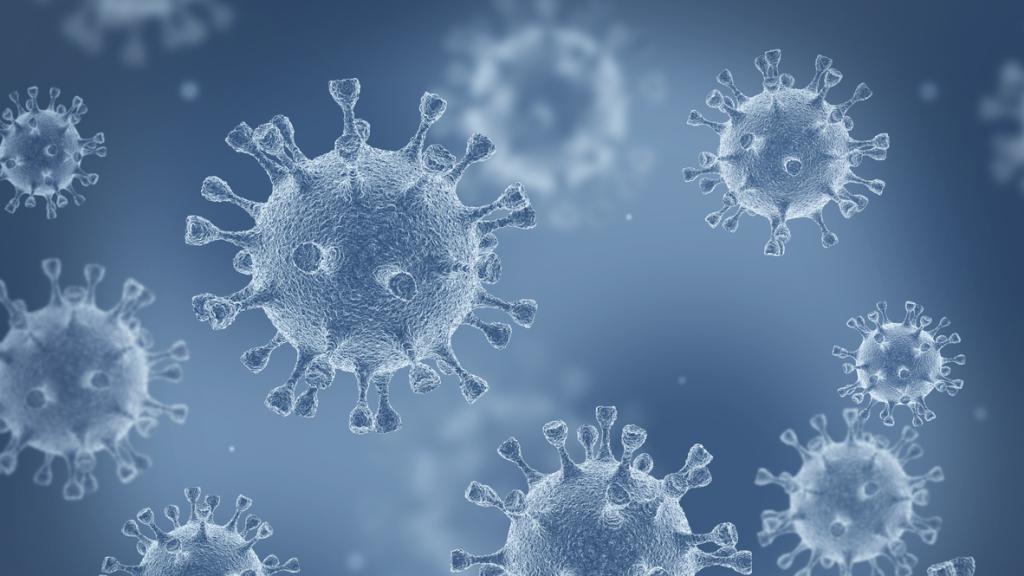
As we emerge from the initial stages of the impact of the Coronavirus/COVID-19 pandemic in Ireland we thought it would be useful to update on the ongoing impact of this infection on research activities.
Initial impact
In line with public health advice, all educational institutions closed and this included, lab-based research projects. In some cases, lab reagents, and equipment were sequestered into the emergency COVID testing and PPE efforts. Some researchers also volunteered for emergency COVID-related activities. About 40% of overall activity continued as researchers analysed data at home, worked on papers, theses etc – all based around computer access.
There were massive changes in healthcare delivery as staff prepared for the potential major spike in COVID-casualties. Cancer clinics physically moved within hospital campuses or to external private hospitals and staff training and redeployments strategies were developed. Staff also had to adapt to delivering many functions remotely and managing increases in patient and loved one contacts with treatment clinics all the while continuing to provide care to those in need. Cancer treatment was recognised as a significant contributor to increased risks of COVID illness severity and death so all but vital patient contacts were cancelled or postponed. Hence, under the oversight of the national regulatory agency, the HPRA, there was significant but controlled disruption to clinical trial activities, with postponement for many on existing trials and little if any recruitment onto new trials. With most Ethics Committees adjusting to new processes and managing emergency COVID-related research oversight and the reconfiguration of all cancer treatment services, no new cancer trials commenced over this period.
The research dept. continued oversight and payment functions and maintained contacts with researchers and other fundraisers to support research activities. While working remotely they also provided technical expertise and supported the delivery of a major extension to the Society’s support line to help ensure provision of information to those impacted by cancer 7 days a week. Many researchers have requested temporary pauses or no-cost extensions on their research plans to take account of the practical difficulties encountered and these are all processed by the team.
Where are things now?
As the impact of COVID-19 has greatly reduced and the Govt emergency measures relax, research activity is significantly ramping back up. Laboratories have been reopening, albeit with significant additional measures in place to build in on going social distancing and protect staff and students. There are also some term shortages of materials. As staff adjust back to more conventional work practices, there is a greater level of clinical trial activity taking place with most centres now actively recruiting to existing trials. Researchers are also examining the impact of COVID illness and research involving direct patient engagement is typically being undertaken using technological solutions and researchers and patients are adapting to our “new-normal” to help ensure ongoing improvements in cancer outcome.
COVID will continue to bring challenges for us all in the coming months and years and our country has faced a devastating impact of disruption, illness and death that is impossible to adequately capture in words. National figures indicate that 700 of those impacted by cancer in Ireland tested positive for COVID infection and 189 of those succumbed to their infection. However, the selfless contributions of the research and clinical communities, combined with personal sacrifices of everyone in our country combined to ensure that this impact, to date, was a small fraction of what it could have been and much less than that seen in many larger more prosperous nations. Research is providing the tools to protect ourselves and those we love from this disease and will guide us as we recover physically and emotionally from all we are going through. Cancer continues as a major health challenge and the mission of our cancer research community to reduce the numbers and impact of cancer and continue to improve outcomes, survival and cure remains as vital as ever.
